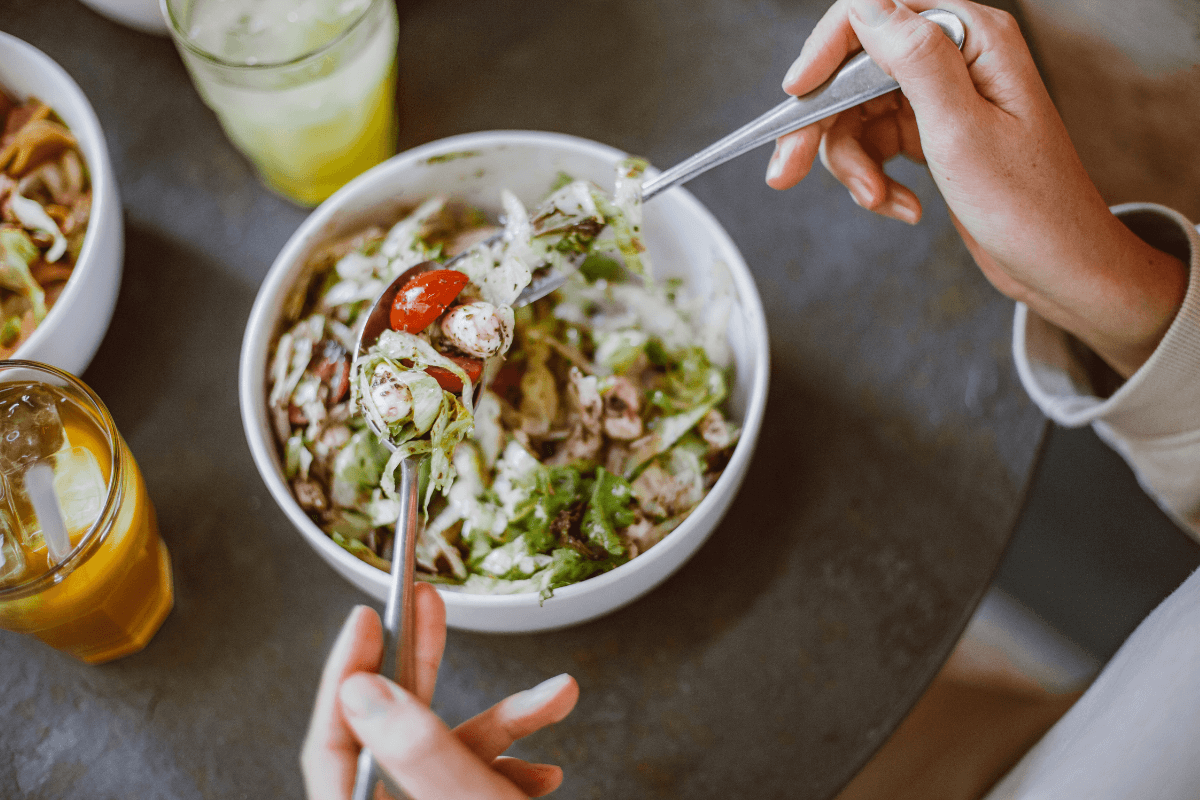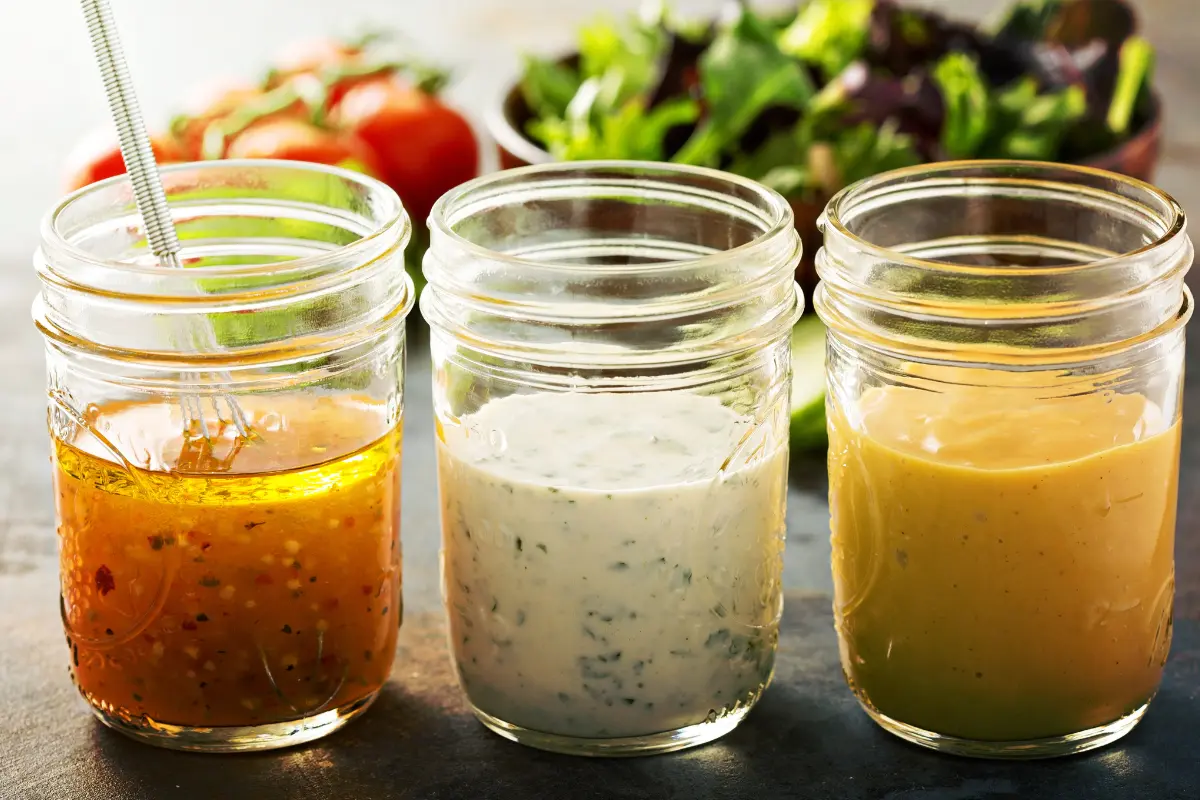
If you’re training hard, eating healthy, and still not seeing the performance or body composition results you want, you’re not alone. Many athletes find themselves frustrated by stalled progress despite doing “everything right.” Often, the issue isn’t effort—it’s awareness. You may be relying on healthy foods hindering progress without realizing it.
In this post, we’ll break down some of the most common athlete nutrition mistakes, including how diet foods may hinder weight loss and overlooked habits may be quietly working against your goals.
Are You Eating Healthy Foods Hindering Progress?
Plenty of foods are marketed as clean, light, or performance-boosting. However, some of these healthy foods that hinder progress are calorie-dense, easy to over-consume, or lacking the protein and fiber needed to stay full and fueled.
As an athlete, your nutrition needs are higher, but your margin for error can be slimmer if you're aiming to lean out or improve your body composition. Over-fueling, even with healthy foods, can hold you back.
Advertisement
1. Underestimating Portion Sizes (Especially of Healthy Fats)
Avocados, nut butters, oils, nuts, and seeds are packed with micronutrients and healthy fats—but they’re also high in calories. Even small miscalculations can add up quickly.
Mistake: Logging “1 tbsp of peanut butter” when you actually used 2.5.
Fix: Weigh fats until you get good at eyeballing, or pre-portion them to stay consistent.
Advertisement
2. Fueling Like a Pro—Without Pro Output
You might see top athletes loading up on bagels, smoothies, granola, and protein bars. But unless you’re training multiple hours per day at high intensity, your fuel demands are lower.
Mistake: Adopting fueling strategies that outpace your actual activity level.
Fix: Match your food intake to your true training volume. If your goal includes fat loss, create a small, sustainable calorie deficit.
3. Leaning Too Hard on “Clean” Packaged Snacks
Many athletes assume protein bars, veggie chips, and low-sugar granola are ideal on-the-go options. But they often fall into the category of diet foods hindering weight loss—processed, easy to overeat, and less satisfying than whole foods.
Fix: Opt for whole food snacks when possible—like Greek yogurt, hard-boiled eggs, fruit with jerky, or a rice cake with cottage cheese.
Advertisement
4. Not Prioritizing Protein at Every Meal
Even athletes can fall short on protein—especially during meals that feel “light” or “clean,” like smoothies, salads, or snack plates.
Mistake: Relying on carbs or fats for energy but neglecting muscle-preserving protein.
Fix: Aim for 20–40g of protein per meal depending on your size, goals, and training intensity. Whole food sources like lean meats, eggs, tofu, and dairy are ideal.
5. Chronically Under-fueling Your Body
Even performance-focused athletes can fall into the trap of not eating enough—especially if they’re trying to get lean or think less food = better results. But underfueling can backfire fast.
Hormones and metabolism suffer. Chronic energy deficits can impact thyroid function, sex hormones, and recovery.
Advertisement
Performance drops. You’ll feel slower, weaker, and less explosive in training.
Fat loss stalls. Prolonged underfueling can signal the body to hold onto fat stores.
Fix: Prioritize consistent fueling across training and rest days. If you want to lean out, do it with a small deficit—not aggressive restriction. Most athletes benefit from eating similarly each day with minor performance-based adjustments.
6. Drinking Calories Without Realizing It
Smoothies, recovery shakes, coffee shop drinks, and “hydration” mixes can quietly add up. These healthy foods hindering progress often don’t feel like much—but they can total hundreds of untracked calories per day.
Advertisement
Fix: Log your beverages just like food. Choose low-calorie electrolyte powders and minimize added sugars in drinks.
7. Focusing Too Much on Food Quality, Not Quantity
Quality matters—but quantity is king when it comes to fat loss or body composition changes. Even with whole, unprocessed foods, calories still count.
Mistake: Believing that “eating clean” means you don’t need to track.
Fix: Use tracking as a tool, not a rule. Logging a few days a week can build awareness of healthy foods hurting weight loss and help you find balance.
Advertisement
Final Thoughts: Eat Smart, Not Just Healthy
If you’re training hard and feeling stuck, take a closer look at how your “healthy habits” stack up. Some healthy foods hindering progress are still valuable parts of your diet—but when paired with inconsistent portions or misunderstood energy needs, they can limit your progress.
Athletes thrive when they fuel with intention. And small shifts in awareness can lead to major breakthroughs.
Want a coach in your corner to help you cut through the noise? Work 1-on-1 with a WAG coach to dial in your intake, fuel performance, and feel your best—without giving up the foods you love.
Schedule a Free Intro Call
Working Against Gravity has led the macro tracking and health space for over a decade. Our team doesn’t just understand the science of nutrition—we’ve spent years mastering the art of tailoring it to fit your life. That means no cookie-cutter plans, just real strategies that have worked for over 30,000 people.
Schedule a free call with our team to learn how working with a 1-on-1 WAG coach will help you reach your goals.



